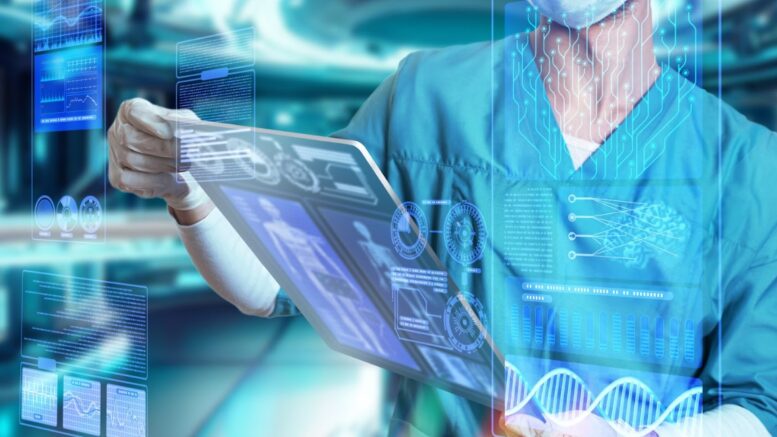In the fast-paced, high-tech world of today, the healthcare sector is going through a major upheaval. Cloud computing and medical device integration are some of the main features of this evolution. The way medical professionals work, maintain their equipment, and give care is changing as a result of this innovation. This post will discuss how your business can use technology to improve the medical industry by smoothly connecting medical equipment to the cloud.
The Significance Of Cloud Integration In Healthcare
The healthcare industry has realized in recent years how much cloud integration for medical devices can offer. Not only is this revolutionary technology practical, but it is also essential for healthcare practitioners and producers of medical equipment. Connecting medical equipment to the cloud creates a plethora of opportunities, including advantages like data analysis, remote diagnostics, real-time monitoring, and better patient care.
Enhanced Data Accessibility and Management
Connecting medical devices to the cloud provides users with seamless access to their data, which is one of the most significant benefits of this approach. A tremendous amount of data relating to the health of patients, diagnostic results, and the operation of medical equipment can be safely stored, managed, and accessed by those who provide medical care. Because of this improved accessibility, the workflow for medical professionals has been streamlined, which enables them to make more informed decisions and give higher-quality treatment.
Efficient Equipment Monitoring And Maintenance
Manufacturers of medical equipment can now effectively monitor their products due to cloud connection. Manufacturers can collect real-time data regarding usage, wear and tear, and potential defects of their equipment over the cloud. By keeping medical equipment in top shape at all times, this proactive approach to maintenance lowers the possibility of malfunctions that could interfere with healthcare services.
Remote Diagnostics And Troubleshooting\
The capacity to link medical devices to the cloud enables remote diagnosis and maintenance to be carried out on those devices. This is especially helpful for medical providers because it can cut down on downtime and minimize the need for personnel to be on-site. It is frequently possible to repair technical issues remotely using cloud-based solutions, which ensures that medical devices continue to function properly and that patient care is not disrupted.
Data-Driven Decision-Making
Healthcare providers now have access to an abundance of data through cloud-integrated medical devices, which they can use to make data-driven decisions. Medical professionals can spot patterns, make predictions, and enhance patient care by examining the data gathered from many devices. In the healthcare industry, where prompt and correct decisions can mean the difference between life and death, this data-driven approach is extremely crucial.
Enhanced Patient Care
Integration of cloud computing not only helps medical professionals and producers of medical equipment but also considerably improves the quality of care provided to patients. When healthcare providers have access to data in real-time, they are better able to monitor the health of their patients and ensure that therapies are individualized to meet each patient’s specific requirements. This results in improved outcomes for patients as well as higher levels of satisfaction.
Security and Compliance
The healthcare business places a high focus on maintaining the confidentiality of patient information while also meeting regulatory requirements. Although there are challenges associated with integrating cloud services, there are also practical solutions available. You can enhance security by using ERP for medical devices from well-known sources. Healthcare companies can choose cloud solutions that meet with industry-specific norms and standards, and cloud service providers invest extensively in security measures to secure critical healthcare information.
Conclusion
The healthcare sector is undergoing a revolution due to the convergence of cloud computing and medical equipment. Enhanced data accessibility, effective equipment monitoring, remote diagnostics, data-driven decision-making, better patient care, and strong security measures are just a few advantages it provides. Medical equipment manufacturers’ operations are managed and optimized in large part by the use of ERP software.
Businesses can keep ahead of this quickly changing market by cloud integration, offering state-of-the-art medical gadgets, and enhancing patient outcomes. The future of healthcare will be increasingly shaped by the collaboration between medical equipment and the cloud as the healthcare sector continues to adopt new technology.
